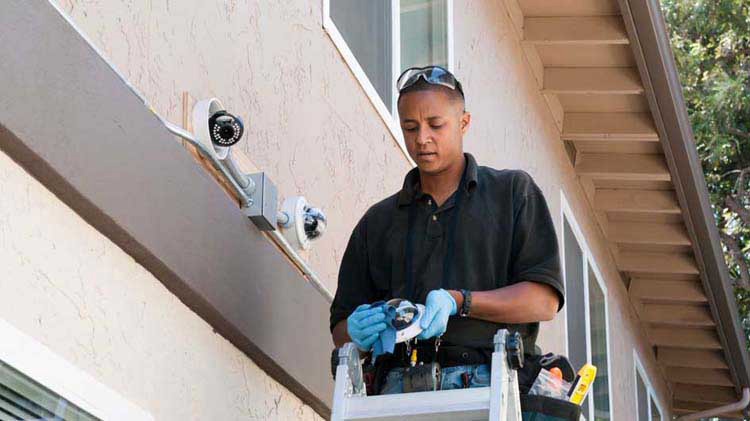Tips to prevent employee theft
Careful hiring and assigning responsibilities can ensure no one's stealing from the till.
Employee theft, a costly workplace crime that costs U.S. businesses $50 billion annually, affects the finances of all firms — from small businesses to large corporations.
Employee theft can come in many different shapes and sizes; whether it's taking home office supplies, skimming from the registers, insider robberies or sophisticated embezzlement and computer fraud. The reality of the modern workplace is that business owners are wise to have controls in place — controls that can help minimize and prevent employee theft.
Want to protect your business? Here are a few steps to get you moving in the right direction.
Hire honest people
It might sound obvious, but your best defense against employee theft is to hire honest people. Thoroughly screen all job applicants by requiring a detailed application, checking references and conducting a face-to-face interview. If you'd like to go even further, you can require a criminal background check for all potential employees, and in some states, depending on whether the employee will be handling money, you can require a credit check. Sometimes the requests themselves will cause an undesirable candidate to move on.
Internal controls aid in preventing employee theft
A few simple policy changes and adjustments to your business's everyday operations could make employee theft much more difficult. Consider the following:
- Duties such as issuing checks, making deposits, managing inventory and reconciling accounts should be kept separate. Require a second signature for disbursement checks over $500.
- Individuals with access to company books or purchasing/paying duties should be monitored. Such employees should be granted only as much access as they require to perform their duties.
- Rotate tasks among employees whenever possible.
- Carefully review all journal entries and be alert to large numbers of unnecessary entries.
- Consider hiring an outside CPA firm to perform an annual audit.
- Require employees to use passwords to access computers or networks and have employees change their passwords on a monthly basis. Employees should log off the computer whenever they leave their desks.
- Be certain to make backup copies of the accounting records, and store the copies off the premises. If you later think someone's been changing the books, you'll be able to conduct a thorough comparison.
- Conduct regular inventory audits of all property. Your company may want to consider an independent auditor if your inventory is especially large or number of employees is small.
Security to protect your property
You may trust your employees with your property, but that doesn't mean you can't maintain an added level of control. Here's how:
- Consider using a keycard system or a digital PIN system instead of a traditional key and lock. Both grant you more control over who does and does not have access to your business, and both provide more information regarding when and how your property has been accessed.
- If you use a traditional key and lock system, maintain control over access to building keys. Don't have keys out and available for any employee to use. Keep all spares locked up.
- Make sure all shop, warehouse and office keys are the type that cannot be duplicated without the master.
- Keep an accurate record of those employees who have been assigned keys. It will decrease the likelihood of keys disappearing, but it will also help the police if you ever have a break-in.
- Consider changing or re-keying your locks whenever an employee leaves or is dismissed.
Learn more about how to protect your family from burglary with the latest home security technology.




